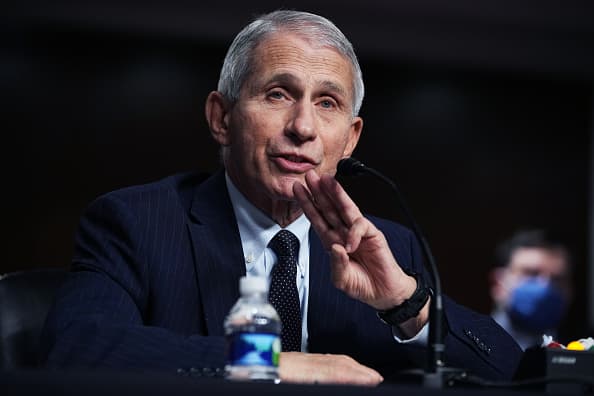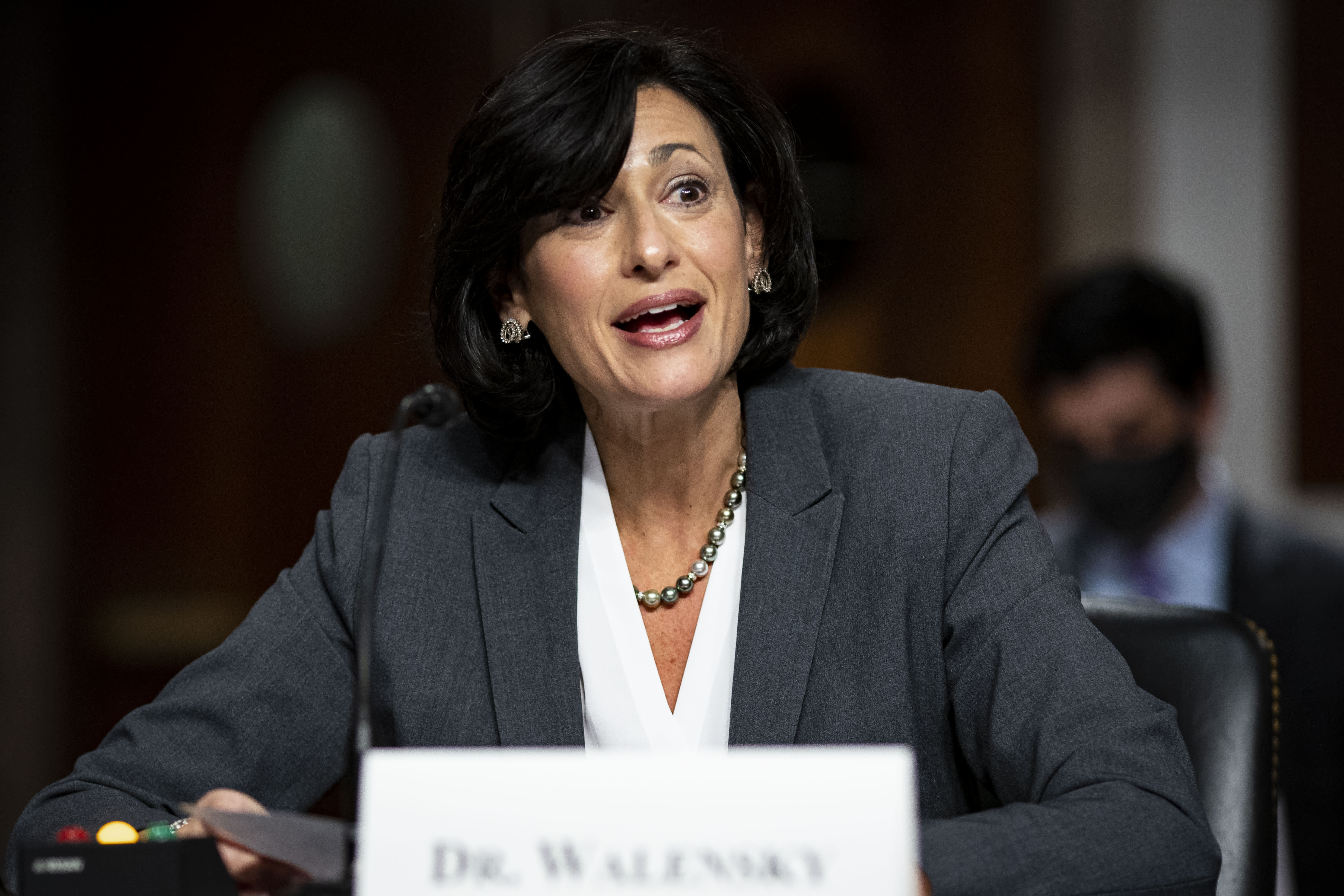The emerging omicron COVID-19 variant is raising a lot of concerns among health officials as they search for more answers about just how dangerous the new mutation really is.
While some medical experts are worried it could be vaccine resistant, they're encouraging people to be patient and not panic.
"We need to obviously be responsive and be aware, but it’s also important not to overreact," Marin County Public Health Officer Dr. Matt Willis said.
Get a weekly recap of the latest San Francisco Bay Area housing news. Sign up for NBC Bay Area’s Housing Deconstructed newsletter.
Willis did say people should be prepared, and that means doing what we already know works.
"It's covering our faces in indoor public settings, it’s obtaining the protection of the vaccine and the booster – that’s the most important thing we can do – it’s staying home when we’re sick, and it’s getting tested if we’re having symptoms," he said.
Dr. Robert Wachter, the chair of UC San Francisco's School of Medicine, also says vaccines are a top priority.
He says people who are unvaccinated should get vaccinated and those who are vaccinated should get a booster shot within four to five months of their last shot. He also says to prepare mentally for more precautions if the variant proves to be highly infectious and to follow the news and science, not hype or myths.
Both Willis and Wachter say we should know much more about omicron's dangers in two to three weeks.
"We’re learning more every day," Willis said. "There’s some reassuring signs that the omicron variant may not be as severe an illness compared to the delta variant. We really just need time to let the dust settle."
Willis says, for now, Marin County will not revive mask mandates but will continue to monitor data like hospitalization and transmission rates and reassess as more information becomes available.



